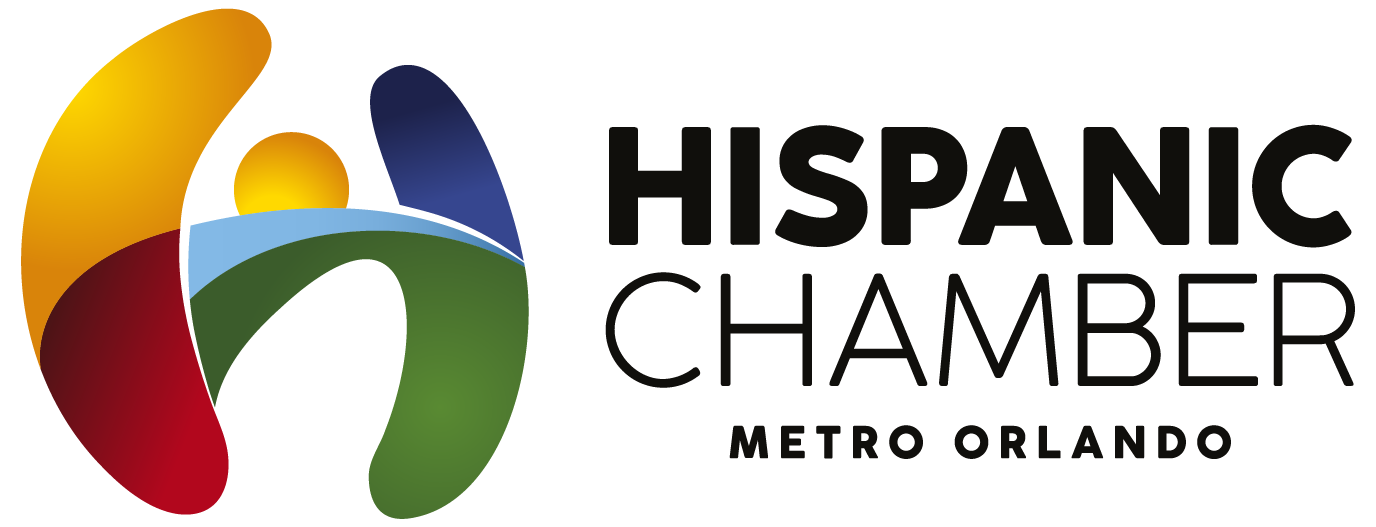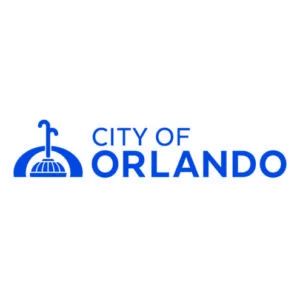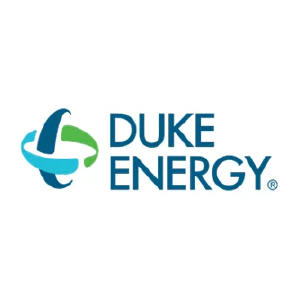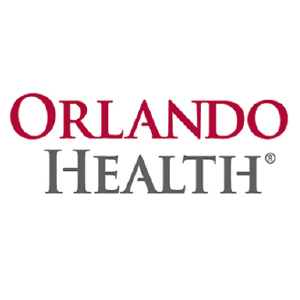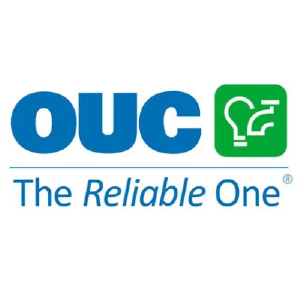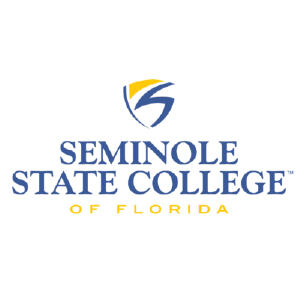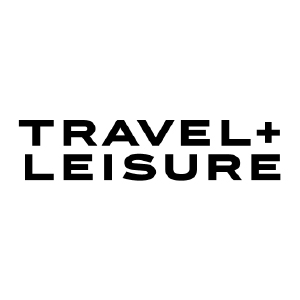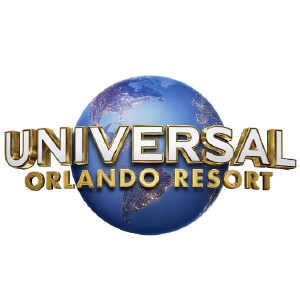HISPANIC CHAMBER Ambassador
Make a difference in our community
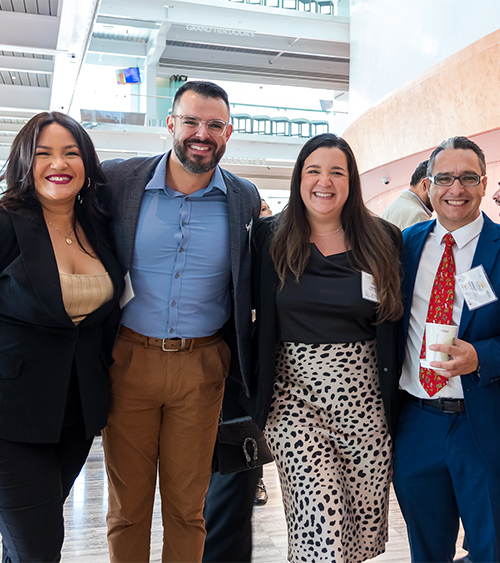
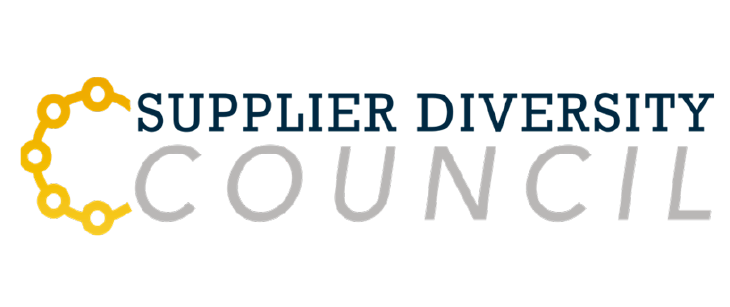
SUPPLIER DIVERSITY COUNCIL

Community leaders seeking to bridge the gap between the public and/or private sector with business owners ready to engage in corporate contracts, while also promoting the use of diverse-owned businesses such as certified minority suppliers and historically underutilized businesses seeking certification.
The Hispanic Chamber’s Supplier Diversity Program is a business initiative supporting the growth and development of diverse suppliers. The purpose is to educate diverse-owned businesses about the various opportunities available to work with the public and private sectors.
The Hispanic Chamber hosts seminars related to supplier diversity opportunities; these events help initiate and develop relationships with buyers from large corporations and government agencies.
The Hispanic Chamber has a Supplier Diversity Council that oversees and manages the program. Council members meet monthly to achieve various objectives, including:
- Assisting in the certification of diverse businesses.
- Increasing awareness of business opportunities with corporations and government entities.
- Increasing the engagement of corporations and government entities with diverse suppliers.
The Council consists of representatives from government entities, corporations, and MBE-certified businesses. For a diverse-owned business to benefit from this program, it must obtain certification. The certification process is often unknown to many entrepreneurs, and there is a need in communities nationwide to find useful and practical information related to the process and steps to become a certified organization. Join us at our next Supplier Diversity Seminar and find out if there is a certification that could benefit your business and learn about the process.
MEMBERS OF THE SUPPLIER DIVERSITY COUNCIL

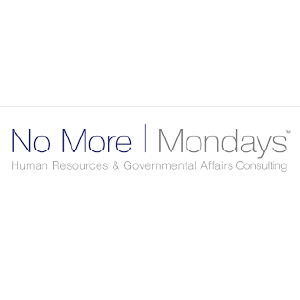
No more Mondays

Prospera
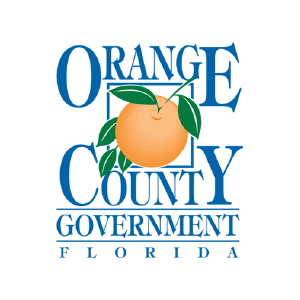
Orange Country
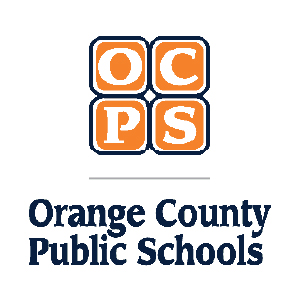
Orange Country public Schools

Sua advertising
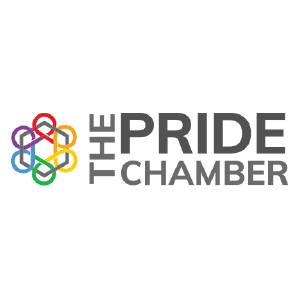
The pride Chamber
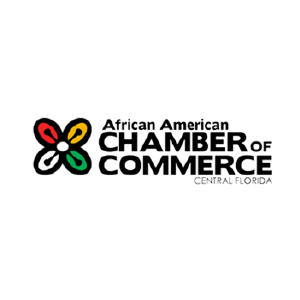
african american chamber of commerce
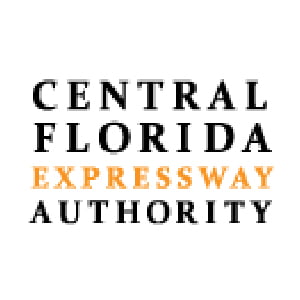
central florida express way autority


Supplier Diversity Capacity building academy


Supplier Diversity Scholarship

The Hispanic Chamber offers a supplier diversity scholarship to companies from diverse sectors. This is a reimbursement program for approved diverse businesses. The reimbursement scholarship covers the application cost to certifying agencies FSMSDC and WBENC, and the reimbursement is up to $500; interested entrepreneurs must apply before submitting their certification application.
- Companies that meet the requirements and can benefit from diverse-owned business certification can apply.
- The Hispanic Chamber collaborates with Prospera to provide technical assistance during application.
- The Hispanic Chamber grants business owners of diverse backgrounds the scholarship reimbursement after the certifying agency has approved the application and the business has received certification.
- The scholarship reimbursement will be processed within 30 days of receiving a copy of the certificate and paid receipt.
Majority owners of diverse businesses must be U.S. citizens.
Diverse businesses must have at least 51% diverse ownership (Hispanic, African American, Native American, Asian Pacific American, Asian Indian American, women, LGBTQ+, veterans, disabled veterans, and individuals with disabilities), managed, and under control.
It must be a for-profit business with main offices physically located in one of the 7 counties of Central Florida which includes: Orange, Osceola, Seminole, Polk, Lake, Brevard, and Volusia.
Management and daily operations must be carried out by diverse member-owners.
They must not already possess the certification they are applying for.
If there have been no sales revenues in the previous year, performance history along with sales forecast or a portfolio of potential sales/customers will be evaluated.
A minimum of 3 years of experience in the sector/field in which the business will operate (i.e., subject matter experience) is preferred.
Sales revenues from the last fiscal year must be less than $1 million.
MINORITY-OWNED BUSINESS CERTIFICATION

WHAT IS CERTIFICATION?
Certification is the verification process where it is validated that a company is privately owned, managed, and controlled by over 51% of minority individuals or women. The required documentation will depend on the structure of the company. For example: The documentation required for a corporation will be different from that required for a partnership or a sole proprietorship; likewise, the information required for a distributor will be different from that required for a manufacturer. In general, an agency will request proof of ethnicity, all professional and business licenses, resumes, financial statements, tax documents, stock certificates/investment proof of capital. A visit to the company may also be necessary.

Most agencies recognize “members of minority groups” as U.S. citizens who are:
- Hispanic Americans
- African Americans
- Native Americans
- Asian Pacific Americans
- Asian Indian Americans
Other agencies also certify the following businesses:
Women ownership
LGBTQ+
Veteran-owned
Disabled veteran-owned
Disabled-owned

WHAT IS THE VALUE OF MINORITY BUSINESS ENTERPRISE (MBE) CERTIFICATION?

Thousands of progressive corporations, as well as government agencies, have positioned minority supplier development as a strategy to create employment and wealth in the minority community. Goals have been set to increase the percentage of dollars spent on purchases from diverse-owned businesses each year. Certification ensures that a company meets the criteria determining its minority business status. It also allows them to be listed in directories and databases of minority-owned businesses used by companies for references.
A common mistake is to believe that being certified provides a competitive advantage, especially regarding price. This is not usually the case in the public sector. Before spending time on paperwork, ask the certifying agency what advantages your company will gain if it obtains certification.
INFORMATION ABOUT CERTIFYING AGENCIES

The National Minority Supplier Development Council has 24 affiliated regional councils nationwide. In Central and North Florida, there is the Florida Minority Supplier Development Council (FMSDC), and in South Florida, the Florida Regional Minority Business Council (FRMBC).
The Women’s Business Enterprise National Council is the largest external certifier of women-owned, controlled, and managed businesses in the United States. WBENC partners with 14 Regional Partner Organizations to provide its world-class certification standard to women-owned businesses nationwide.
Government agencies with Minority/Women-Owned Business Enterprises programs often have a certification program. In Florida, some agencies accept certifications from other government agencies and NMSDC certification. Most only accept their own. For example, the city of Orlando does not accept any other certification. You must call the government agency to find out which certifications they accept. There are usually goals for M/WBE participation in construction contracts, but goals are usually not applied to professional services, IT, or procurement.
The National Gay and Lesbian Chamber of Commerce supports and advocates for the diversity and inclusion of businesses owned by lesbian, gay, bisexual, and transgender (LGBTQ+) individuals. Membership is local, but certification is national. Join your local affiliated chamber not only to take advantage of local membership benefits but also to benefit from the waiver of the national certification fee as a membership advantage.
The U.S. Pan-Asian American Chamber of Commerce is the largest and oldest organization representing Asian Americans and related groups in business, science, arts, sports, education, and public and community services. USPAACC certification is recognized by national companies and is as comprehensive and complex as other well-known minority certification processes conducted by national organizations.
NMSDC
El Consejo Nacional de Desarrollo de Proveedores Minoritarios cuenta con 24 consejos regionales afiliados en todo el país. En Florida Central y del Norte, existe el Florida Minority Supplier Development Council (FMSDC) y en Florida del Sur, el Florida Regional Minority Business Council (FRMBC).
WBENC
El Women’s Business Enterprise National Council (Consejo Nacional de Empresas de Mujeres) es el mayor certificador externo de empresas propiedad de mujeres, controladas y gestionadas por mujeres en Estados Unidos. WBENC se asocia con 14 Organizaciones Regionales Asociadas para proporcionar su estándar de certificación de clase mundial a las empresas propiedad de mujeres en todo el país.
Administración local y estatal
Las agencias gubernamentales que cuentan con programas de Empresas Propiedad de Minorías y/o Mujeres suelen tener un programa de certificación. En Florida, algunas agencias aceptan las certificaciones de otras agencias gubernamentales y la certificación del NMSDC. La mayoría sólo acepta la suya propia. Por ejemplo, la ciudad de Orlando no acepta ninguna otra certificación. Debe llamar a la agencia gubernamental para averiguar qué certificaciones aceptan. Suele haber objetivos para la participación de las M/WBE en los contratos de construcción, pero los objetivos no suelen aplicarse a los servicios profesionales, las TI o la contratación.
NGLCC
La Cámara de Comercio Nacional de Gays y Lesbianas apoya y defiende la diversidad y la inclusión de las empresas propiedad de lesbianas, gays, bisexuales y transexuales (LGBT).La afiliación es local, pero la certificación es nacional. Hágase miembro de su cámara local afiliada no sólo para aprovechar las ventajas de la afiliación local, sino también para beneficiarse de la exención de la cuota de certificación nacional como ventaja de la afiliación.
USPAACC
La Cámara de Comercio Panasiática Americana de EE.UU. es la mayor y más antigua organización que representa a los asiático-americanos y a los grupos relacionados con los asiático-americanos en los negocios, las ciencias, las artes, los deportes, la educación y los servicios públicos y comunitarios. La certificación de USPAACC está reconocida por empresas nacionales, y es tan exhaustiva y compleja como otros conocidos procesos de certificación de minorías llevados a cabo por organizaciones nacionales.
